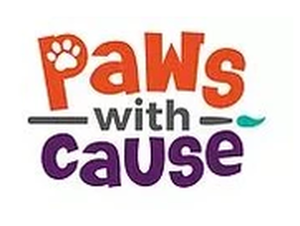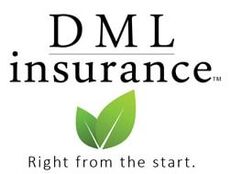|
For the dog-lover, few things in life are as difficult as watching a pet suffer. Unlike humans, dogs can’t say what they’re feeling, which makes keeping them happy, healthy and pain-free a challenge. When your furry friend has a tummy ache (or something more serious), it can be all-consuming and worrying. The best thing you can do is to trust your intuition and to know what stomach woes require waiting out and which should prompt a visit to the vet. Here are some signs signifying that your pet doesn’t feel well.
Easing Your Pup’s Belly Blues The first thing you should do when formulating a treatment plan for Fido is to seek the advice of an expert. A veterinarian will help rule out any chronic, genetic or life-threatening gastrointestinal issues and help you determine if your pup has any food allergies. If your vet rules the condition non-life-threatening and sends you home, you’ll want to introduce gut-friendly foods and digestive enzymes into their diet. Vets often recommend canned pumpkin, boiled chicken, beef broth and ice cubes (to keep the pup hydrated) for easing canine tummy troubles. The most important thing you should do as a concerned dog owner is to know the warning signs of the most life-threatening and time-sensitive digestive issues, especially bloat and gastric dilation volvulus. If you know what to look for, there’s a good chance you’ll be able to respond quickly so that your pup’s tummy ache doesn’t turn into an emergency. Contributed by Morgan Walker Clarke
1 Comment
|
THANK YOU TO OUR AMAZING ORGANIZATION SPONSORS
Pawsitive Alliance is a 501(c)(3) nonprofit organization that increases cat and dog adoptions, spay & neuter, and pet retention efforts across Washington State because we believe they all deserve a chance at a healthy and happy life.
|
Copyright © 2020 All Rights Reserved. Pawsitive Alliance
|

 RSS Feed
RSS Feed










